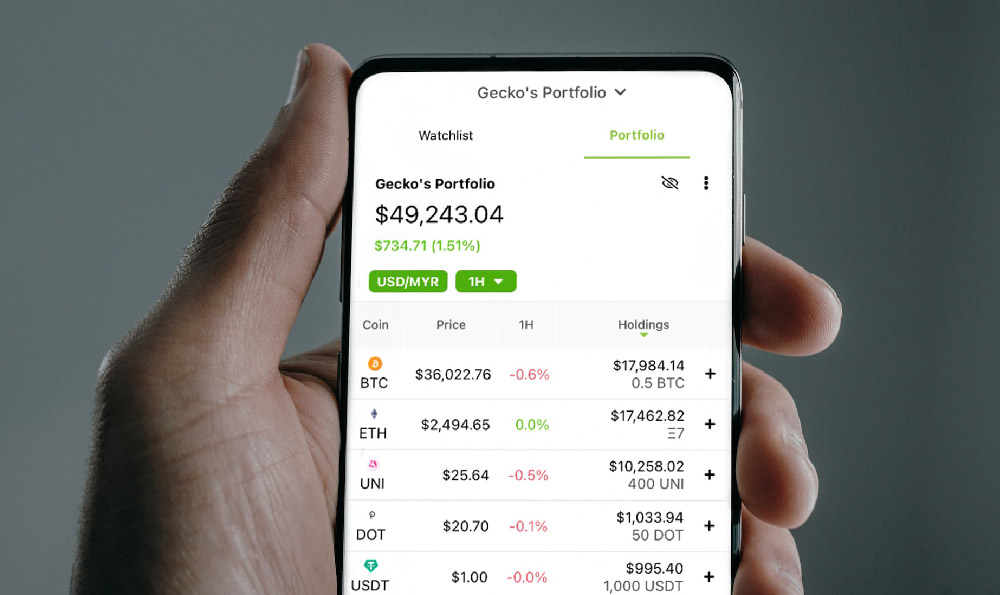Okay, I understand. Here's an article responding to the query "Can Part-Time Work Disqualify You from Unemployment Benefits?" written from the perspective of an investment and financial expert, avoiding bullet points, numbered lists, and explicit headings within the text, and keeping the focus on the nuances of the topic, and without mentioning the title itself:
Unemployment benefits serve as a crucial safety net for individuals who find themselves out of work through no fault of their own. These benefits are designed to provide temporary financial assistance while recipients actively seek new employment. However, the interaction between part-time work and eligibility for these benefits can be a complex and often misunderstood area. The simple answer is: it depends. The specific rules and regulations governing unemployment eligibility vary significantly from state to state, and understanding these nuances is essential for both those receiving benefits and those considering taking on part-time work while unemployed.
One of the primary factors determining whether part-time work disqualifies you from receiving unemployment benefits is the amount of income you earn from that part-time job. Most states have established income thresholds. If your earnings from part-time work exceed this threshold, your unemployment benefits may be reduced, or you might lose eligibility altogether. This threshold is often calculated as a percentage of your weekly unemployment benefit amount or a percentage of your previous earnings. For example, a state might allow you to earn up to 50% of your weekly benefit amount before it begins to reduce your benefits. Earnings exceeding that limit would then offset your unemployment payments, possibly to zero.

It is crucial to report all earnings from part-time work to the unemployment agency. Failure to do so constitutes fraud and can result in severe penalties, including the repayment of benefits received, fines, and even criminal charges. Transparency is paramount. Accurate and timely reporting ensures compliance with state regulations and prevents potential legal issues down the line. Unemployment agencies have methods for detecting unreported income, so honesty is always the best policy.
Beyond income, the nature of the part-time work itself can also impact eligibility. Some states consider the number of hours worked per week. If the hours worked are deemed "substantial" by the state’s definition, it could disqualify you, regardless of the income earned. The definition of "substantial" varies. It could be anything from 20 to 35 hours per week. Therefore, understanding your state's specific hourly threshold is just as vital as knowing the income limitations.
Another relevant factor is whether the part-time work is considered suitable employment. Many states require unemployment recipients to actively seek full-time work that is similar to their previous occupation. If the unemployment agency determines that the part-time work is a suitable substitute for full-time employment, and that you are unreasonably refusing to seek full-time positions, your benefits could be terminated. This determination often hinges on factors like skill level, pay rate, and geographic location. Someone previously earning a high salary in a specialized field might not be expected to accept a minimum-wage part-time job outside their area of expertise.
Furthermore, the reason for accepting the part-time work is taken into consideration. For instance, someone accepting part-time work to maintain skills relevant to their previous industry might be viewed more favorably than someone taking a completely unrelated job simply for income. Demonstrating that the part-time work is a stepping stone back into full-time employment in your field can be a compelling argument for maintaining benefits.
It's also important to understand that some states offer specific programs or waivers related to part-time work and unemployment benefits. For example, some states have programs that allow individuals to work part-time while receiving a reduced unemployment benefit amount, designed to incentivize workforce participation. Other states might offer waivers for specific industries or occupations experiencing labor shortages. These programs are often subject to strict eligibility criteria and require proactive enrollment.
The duration of unemployment also plays a role. As unemployment stretches on, the pressure to accept part-time work may increase. States often have different criteria for benefit eligibility depending on the length of unemployment. What might be acceptable in the first few weeks of unemployment may not be acceptable after several months. There is often an expectation that unemployed individuals will become more flexible in their job search as time goes on.
Ultimately, determining whether part-time work disqualifies you from unemployment benefits requires a thorough understanding of your state's specific regulations and a clear understanding of the terms of your unemployment claim. It is highly recommended to consult with your state's unemployment agency directly or seek advice from a qualified legal professional to ensure compliance and avoid potential penalties. Understanding the rules is key to navigating this complex landscape and maximizing your access to available resources while you search for full-time employment. Keeping detailed records of your job search efforts and part-time earnings is also crucial for supporting your claim and demonstrating your commitment to finding suitable employment.












